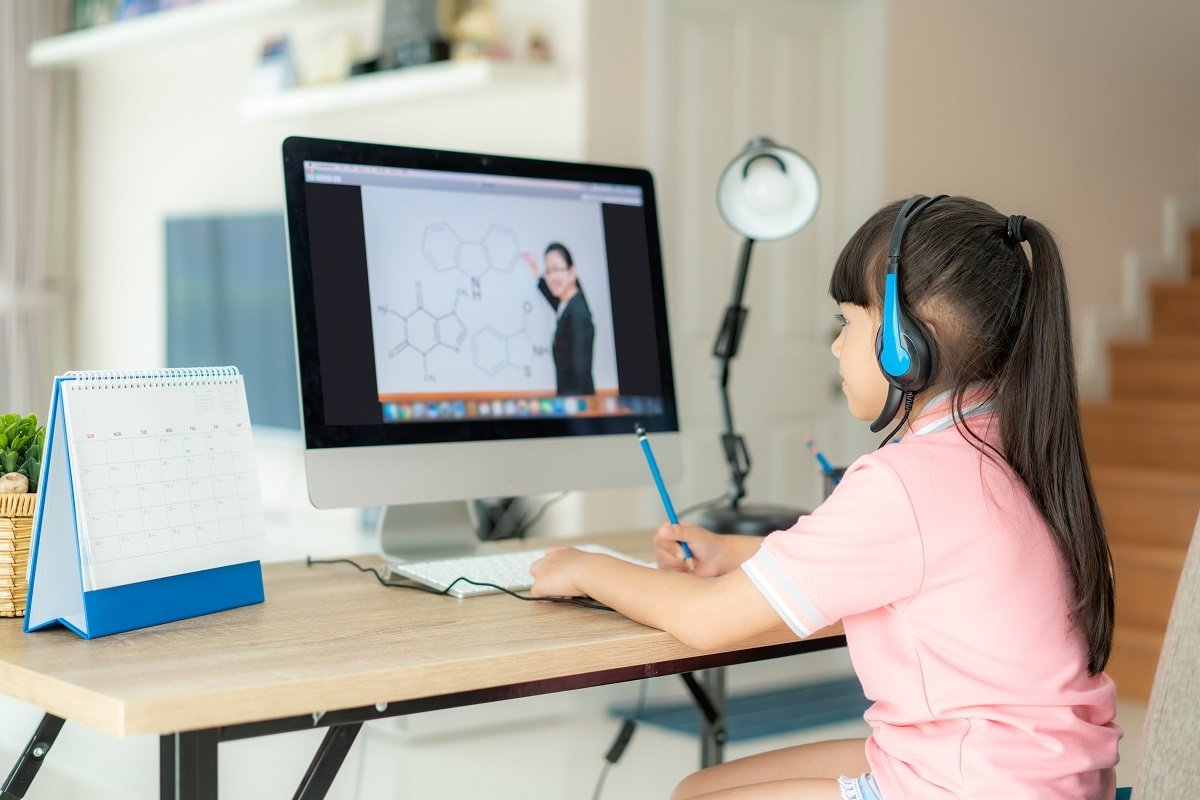
The Importance of Access-EDU Remote Learning Technology
Everything is going remote, from education to business. Students today are frequently called upon to complete their work at home, and online learning is being used to augment – or replace – in-person classes. Students who don’t have laptops and fast internet connections aren’t able to thrive, whether they’re in kindergarten, high school or even college. Teachers with limited connectivity are struggling to keep students engaged.
But there are technologies that can help fill the gaps. Access-EDU is a remote learning technology that can make it easier for students everywhere to connect, learn and grow.
Remote Learning Is Increasing
Remote learning is unavoidable. And that’s a good thing.
Through remote learning, students are able to access opportunities they might not otherwise be able to access. High school students can attend accelerated, online college courses while they’re still finishing high school. Younger students can gain access to additional tutoring they need or may be able to go through gifted programs that aren’t available locally. Students who have learning differences can connect with tutors who are skilled in helping people with similar difference. Remote learning gives access, but unfortunately, it also requires access.
To thrive among their peers, students today need solid technology. They need solid connectivity. And because of that, students in rural or poorer areas are being left behind. Students may not have access to the high-speed internet that they need for video conferencing calls, or they may not have access to reliable internet access that they can use to take their tests unhindered.
But because remote learning is not only unavoidable, but also beneficial, these students need to find a way to connect. Access-EDU can help. Access-EDU delivers private LTE technology to schools – a state-of-the-art, advanced cellular connectivity that can be used over a broad area.
Teachers Connecting with Students
Students aren’t the only ones that need help connecting. Teachers are also struggling to remain connected in a world that is increasingly digital. If they want to provide engaging, memorable lessons, they often need to work through video chat or voice. But to do so, they also need to have reliable and secure connections.
For guest lecturers, TAs and substitute teachers, it can be difficult to connect with students and ensure that the technology is right. Schools need to be concerned that lecturers and substitutes may not be on secured connections or may not be running their classes to the privacy standards of the school. But with Access-EDU, schools will know that teachers and students alike are using their secured and protected network. Teachers won’t need to be called upon to upgrade their own at-home systems, or to purchase new and expensive technology.
Remote learning is beneficial in many ways. But it can also feel alienating. When students and teachers aren’t able to reliably connect, it can be almost impossible for students to learn. But by providing better connectivity, and giving teachers the tools they need, schools can ease the transition into online-only, remote only access.
The Advantages of Access-EDU
Access-EDU uses the Citizens Broadband Radio Service for cellular-based transmissions. Teachers and students need only use equipment like cellphones and tablets to access a private network infrastructure for the school. Students are able to connect using their own local resources, and they are able to achieve the same security and access levels of traditional WiFi.
Access-EDU and pLTE services can be seen as a wider scale WiFi network, one that all students and teachers can have access to. Highly secure, accessible and cost-effective, these networks are able to provide equal opportunities among all students. Schools are able to customize their networks to ensure that it is well protected to any standard, including CIPA, FERPA, HIPAA and COPA. And schools won’t need to worry about whether students are potentially accessing inappropriate documents.
Furthermore, Access-EDU can be used on any standard device that has cellular connectivity. Schools don’t need to worry about providing their students with new technology, and that means that schools can focus their budgeting on different avenues of improvement.
Private LTE technology can be used for schools, hospitals, cities and more. It’s intuitive and easy to use and functions at its core much like WiFi. As students continue to work from home, and teachers struggle to reach out to their students, private LTE networks are going to become even more critical.
Red River has an advanced network solution for K-12 school districts. Through Access-EDU, even students in rural locations can gain access to the education and study materials they need to thrive. Connect with Red River today to learn more about learning remote.

written by
Corrin Jones
Corrin Jones is the Director of Digital Demand Generation. With over ten years of experience, she specializes in creating content and executing campaigns to drive growth and revenue. Connect with Corrin on LinkedIn.




